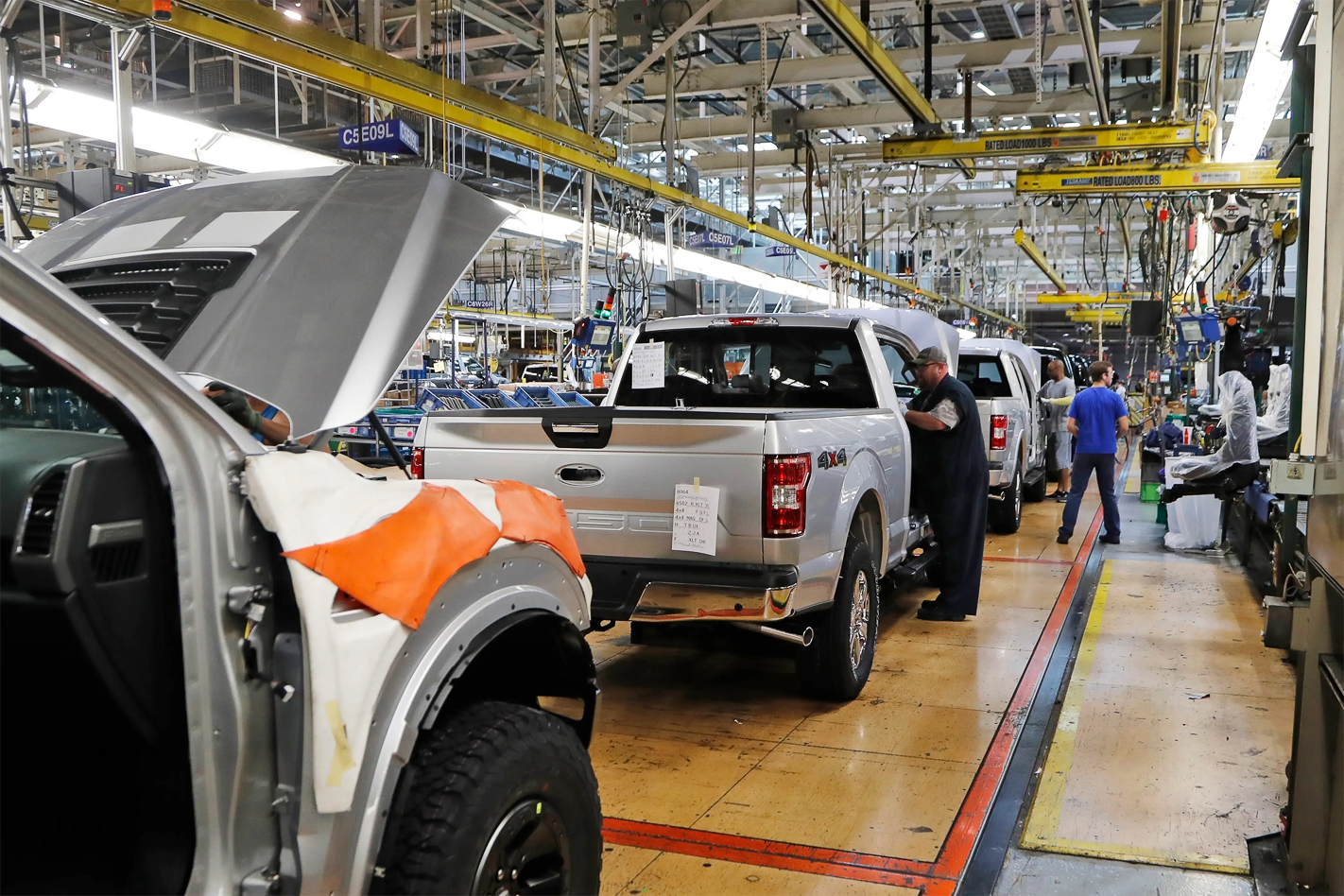
Carmakers around the world are being forced to slow vehicle production in the face of a global semiconductor shortage caused by the growing demand for personal electronics.
Specifically, the world’s chipset manufacturers that ordinarily provide car factories with electronic components are allocating more production to consumer electronics like the popular Playstation 5 and Xbox Series X, personal computers and 5G smartphones.
Cruelly, this switch to consumer electronics by chipset manufacturers is a direct reaction to the coronavirus-driven car-manufacturing slump in 2020.
In 2019, automotive factories stopped or slowed production as the coronavirus kept buyers away from showrooms, forcing chipset manufacturers to find alternate customers for their own product. That same pandemic which kept buyers away from dealerships triggered a consumer electronics boom as people spent big on computers, gaming platforms, phones and the like. This meant that when car production ramped up again late in 2020, the same supply of chipsets was not readily available.

Toyota has reportedly stopped production lines in China, some of Nissan’s operations are slowed, Honda has stalled some model lines in the UK and a number of US-based factories of Ford, Fiat Chrysler and Volkswagen have also been impacted.
Shortages of the tiny automotive componentry are likely to continue for the next few months, at least until chipmakers return their production focus to automotive customers.
But a return to pre-Covid production levels is only half the battle. Phones equipped with 5G require more chips than those built for the 4G network. On top of that, smarter cars of the future will also require more chips, says IT research firm, Gartner.
“By 2022, automobiles will require nearly 50 per cent more semiconductors as cars become more automated, cleaner, and more connected.”
Backing up that claim, consulting firm Deloitte suggests that semiconductors and the electrical systems they’re integrated with comprise up to 40 per cent of a new car’s cost – a figure that’s set to rise as cars become more autonomous.

It’s unlikely that car prices will increase as a result of the high demand for semiconductor componentry. Instead, experts predict that car buyers may just have to wait longer for their new car.



